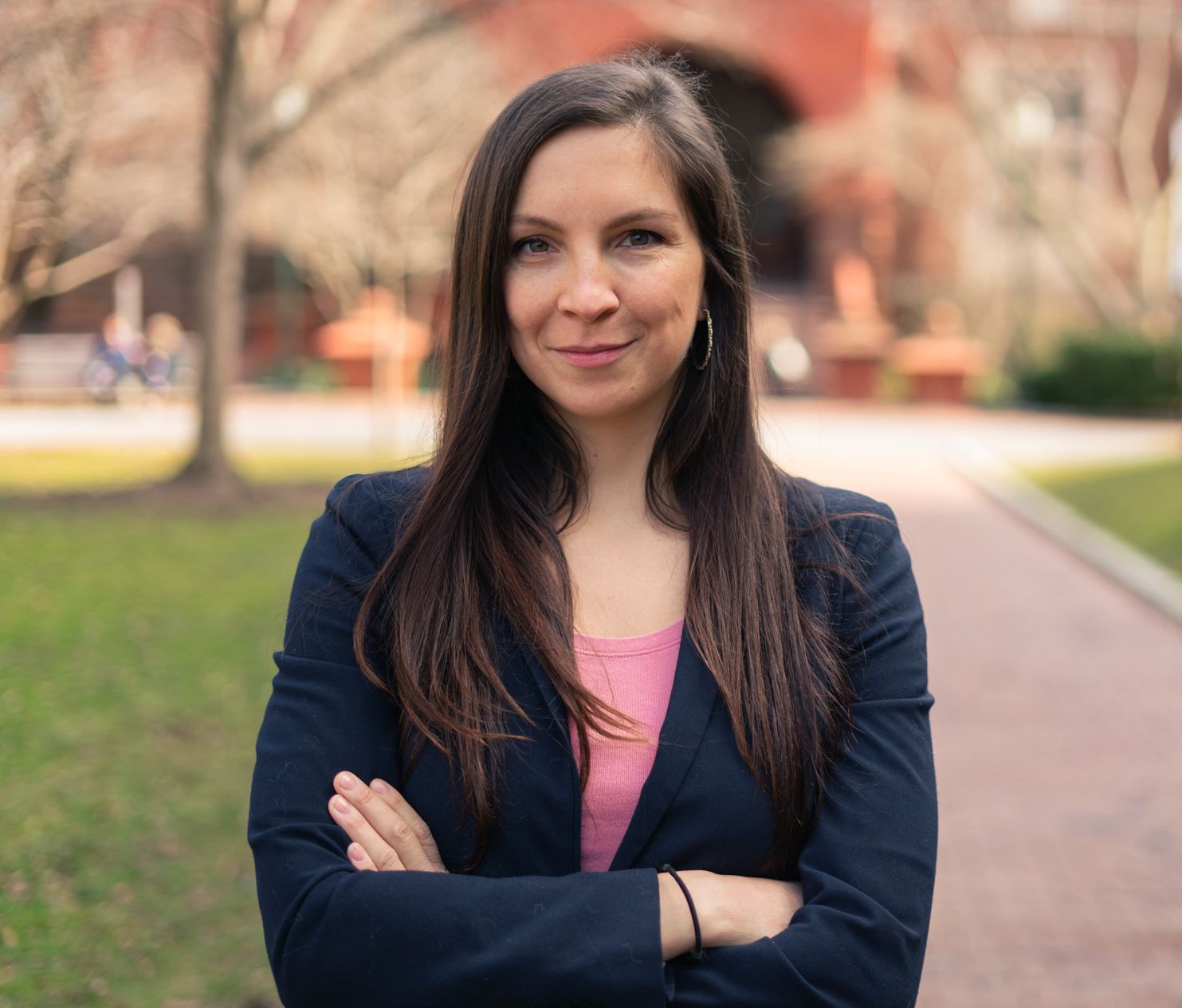Columbia Law School is one of the best law schools in the country and one of the hardest to get into.
But at the same time, there is a strategy for standing out from all the other applicants and getting accepted to Columbia Law.
And today, you’ll learn exactly how to get in.
Let’s go!
How hard is it to get into Columbia Law School?
Columbia Law School has an acceptance rate of just 11.8%, making it one of the hardest law schools to get into. Of the 8,000 people who applied to be part of the 2022 entering class, only 406 enrolled.
The competition is steep, but you have a fighting chance if you’re strategic.
What programs does Columbia Law School offer?
Columbia Law offers these programs:
- Juris Doctor (JD)
- LLM
- Executive LLM
- JSD
But what qualifications do you need for the JD program? Keep reading.
What qualifications do you need to get into Columbia Law School?
With such a low acceptance rate, who gets accepted?
Who gets into Columbia Law School?
Of those in the JD 2022 Entering Class:
- 58% are aged 21 to 24
- 73% have been out of college for at least a year
- 13% have at least one graduate or professional degree
- 50% are women
- 52% are students of color
- 18% are LGBTQ+
- 20% are international students
What GPA do you need for Columbia Law School?
The most recent undergraduate GPA scores for Columbia Law School were:
- 75th percentile: 3.95
- 50th percentile: 3.87
- 25th percentile: 3.78
While you shouldn’t let those numbers keep you from applying, you’ll have the best chance of getting accepted if your GPA is within range of the 3.87 median.
But you can get in if your GPA is just below 3.78.
Take my client D.C., for instance. They applied to Georgetown with a 3.6 GPA, lower than the 3.85 median, and were still accepted.
E.D. applied to the University of Michigan Law School with a 3.2 GPA, significantly lower than their 3.84 median.
How did they do it?
They proved they could be successful students and lawyers despite lower GPAs.
What LSAT score do you need for Columbia Law School?
The latest LSAT scores for Columbia Law are:
- 75th percentile: 175
- 50th percentile: 173
- 25th percentile: 171
Remember, you don’t have to earn these scores to be accepted.
Many of my clients have gotten into their number one choice with an LSAT score significantly lower than the median.
E.O. scored 163 on the LSAT and was still accepted to Berkeley Law, which had a 170 median. A.K. got into George Washington after scoring 154 – a full 13 points below their 167 median.
But how do you then get in with a lower LSAT or GPA score? That’s what we’ll look at next.
How do you get into Columbia Law with a lower GPA or LSAT scores?
Contrary to popular belief, low GPAs or LSAT scores won’t ruin your chances of getting into Columbia.
Let’s talk about some of the best strategies to do just that.
(Remember to take your individual situation into consideration before deciding on one.)
Have a strong LSAT or GPA
While you don’t need a high LSAT or GPA score, they will balance each other out.
For instance, a high LSAT will help if you have a low GPA (and vice versa).
Neither has to be extremely high – even an average score will help.
Re-take the LSAT
In a perfect world, you’d take the LSAT one time.
But life isn’t perfect.
So, if you want to retake it, do!
Preferably, you won’t take the LSAT more than three times, though. Otherwise, your LSAT score could hurt your application more than it helps.
Take the GRE
The GRE is an alternative to the LSAT – and a valid option.
To figure out what test to take, take advantage of the practice tests and prep courses online.
Get some real-world experience before applying to law school
Experience can really make (or break) your application. After all, most students who enroll in Columbia were at least one year out of college when they applied.
A resume full of relevant and demanding work will outweigh your GPA, especially if you’ve been out of school for a few years. It shows you’ve grown since college and can handle the workload of law school.
Write a powerful personal statement
Like letters of recommendation, a personal statement or essay is required by Columbia.
We’ll talk about how to write one later in this article. But either way, too many people use personal statements to rehash their resume.
This is a big mistake! Instead, use it to stand out from other applicants.
Ask for letters of recommendation
Just like your personal statement, letters of recommendation can really help you boost your application. However, don’t ask for just any letters of recommendation – be strategic and get recommendation letters that speak to your academic abilities.
Use a diversity statement
If you can include a diversity statement, do! It’s another part of the application that applicants often overlook.
Use an addendum
Addendums can be used to explain low LSAT or GPA scores in certain situations as long as you have a genuine reason.
Something serious, like a death in the family, is a valid reason.
Now you know how to improve your application despite your LSAT or GPA.
But how to apply to Columbia Law? Here’s what you need to know.
How do you apply to Columbia Law?
When you apply to Columbia Law, you’ll need:
For regular admission, you’ll need to submit:
- Personal statement or essay
- Latest GRE or LSAT scores
- Two letters of recommendation
- Resume
- Dean’s appraisal(s) or certification(s)
- Academic transcripts
Requirements differ for early decision applications and transfer students.
You can apply as early as September 1. Early decision applications are due on November 15, and regular decision applications should be submitted by February 15.
Read more about regular Columbia Law School application deadlines and requirements here.
Let’s move on to what will help set your application apart.
Write a personal statement
While Columbia Law conducts interviews with some applicants, they’re not guaranteed.
That means your personal statement is your chance to get their attention.
Remember to choose a topic that doesn’t require much information or explanation. Focus instead on a story that’s informative and supports your application.
Here’s a personal statement that I helped a client write for Columbia Law:
“Over the course of my undergraduate experience, I have held a variety of roles in both journalism and politics. Although I loved diving into social justice issues and public policy, I felt a growing sense of frustration as I increasingly faced an inability to make substantial change. My desire to be a direct force of progress, coupled with my discovery of a passion for criminal justice, led me directly to law.
Knowing I wanted to delve deep into social issues, I applied and was accepted into the school of journalism. My junior year, I took a job working as an on-air reporter for a CBS-affiliate news station, eager to explore my passion for news. One of the most challenging parts of my job was having to cover polarizing ideological conflicts—like an anti-gun control rally or a protest against Covid safety measures—where I personally held opposing stances. I learned to listen, to find commonality even with those I strongly disagreed with, yet I still felt frustrated by the expectation that I remain neutral and unbiased. I wanted to be an advocate, not a reporter.
My frustration culminated when I was assigned to report on a protest against the treatment of immigrants at the U.S.-Mexico border. I spoke with the woman who had organized the event, a Mexican woman who had immigrated to America when she was a teenager. She told me how afraid she was for the safety of her children, recounting the experience of seeing family members killed in front of her while trying to cross the border. Although I was aware of the abuses of power by ICE at the border and had read reports of the horrific conditions of immigrant detainment camps, hearing her story illuminated the issue in an entirely new way for me—an issue that had previously felt far removed from Wisconsin. I was excited to share her story and hopeful that it would resonate with viewers in the same way it did for me.
When my editor decided to cut her story from the air, citing it as being “too heavy,” I was shocked. I thought the goal of journalism was to expose the harsh realities of our political systems, not intentionally shield people from it. I pushed him to reconsider, and ultimately the story was included. I felt relieved after what felt like a momentary win, but I knew it was just that—momentary. I began to realize that the change I wanted to make couldn’t be done with journalism alone. I didn’t just want to be the one sharing people’s stories; I wanted to be the one in their corner, fighting to defend them.
My desire to enact change pushed me to explore politics—what I thought would be a chance to directly confront the policies that I saw failing others. Yet working as a legislative intern for a Democratic State Senator, in a Republican-controlled state made progress feel out of reach. Witnessing state representatives put personal feuds and power dynamics ahead of the best interests of their constituents made me realize that the political process was too protracted to enact the change I was seeking.
I continued to report on local issues, still struggling with how to implement change. For a semester-long reporting project, I focused on policing, drawn to the issue by a string of recent violent crimes on campus. I spoke extensively with local police officers as well as student and community groups about their issues with law enforcement. Over the course of the semester, I also began to look outward, becoming fascinated with how the issues in my community were being reflected on a national scale. I realized that many of the concerns my fellow students had, like racial profiling and unnecessary uses of force, stemmed from systemic issues that went beyond just my campus.
It was my proximity to issues of policing at a community level that sparked my continued passion for criminal justice reform. The more facts I uncovered—about the disturbing number of Americans incarcerated, and even larger amount on probation, trapped in cycles of recidivism—I recognized how broken our system is. I knew I didn’t want to just report on these facts; I wanted to act.
Once I realized that criminal justice reform is what I am truly passionate about, my uncertainty of what path to take faded completely. I want to fight for the voiceless, reform the broken system, and represent those who have been lost in it. To do this, I need a law degree. With a law degree, I will be able to challenge the statutes that fuel the broken criminal justice system, and I can make the direct change I have so long been yearning for, without the barriers I faced in journalism or politics. I envision starting my career working directly with individuals in the criminal justice system, perhaps as a public defender. I then intend to transition my career to challenge the laws that keep people within the system, utilizing a powerful combination of storytelling, legislative advocacy, and litigation, perhaps for an organization such as the Equal Justice Initiative or the Buried Alive Project.”
This statement is great because it offers a coherent story that shows why this applicant is a good candidate for law school.
Learn how to write a great personal statement with this free guide:
Write a diversity statement
While Columbia doesn’t require a diversity statement, I highly recommend you write one if you can.
You may not think you have a “diverse background,” but that’s a broad term. It’s not limited to disability, religion, or sexual orientation – you could write about anything from family to career changes.
Check out this diversity statement by a client of mine:
“At only nine-years-old, my typically goofy, upbeat brother was left lying in a hospital bed with cords coming out of his brain and heart, drool dripping down the side of his face. He was there because a doctor my family had entrusted to help navigate my brother’s newly diagnosed autism had prescribed him a deadly cocktail of drugs that weren’t supposed to be mixed or even given to kids – a cocktail that was motivated by the monetary gains he got from exploiting our naivety. My brother was never the same after.
I was seven-years-old when this happened. The sense of helplessness I felt then was something I never wanted to experience again. My brother would never have it easy, but I decided at an early age that I would do everything in my power to make things easier for him. I became his protector first and little sister second; standing up to his bullies, advocating for him in school when he wasn’t getting the resources he needed, being there to cushion the blow of his tantrums, blow ups, mood swings and manic episodes. There are some things that don’t come naturally to my brother — like empathy and communication — that I learned to be effective enough at for the both of us. Standing up to others in his defense forced me to develop dauntless bravery, never afraid to hold my ground or confront the kids who teased him behind his back.
It often felt like a thankless job — he has a difficult time expressing emotion and doesn’t like to be touched — but being his sister made me the fierce defendant of others I am today. Growing up as a sibling of someone disabled, and one that was so failed by those who were meant to protect him, instilled a deep sense of purpose within me to use the privileges I have to help others.”
To learn about writing your diversity statement, read this article.
Get letters of recommendation
Columbia Law School requires you to submit two letters of recommendation with your application.
If you graduated between 2022 and 2024, both must be written by former professors.
If you graduated in 2021 or earlier, one can be from a professional connection and the other from a teacher.
Not sure when or how to ask for letters of recommendation? Don’t worry – I’ve created a full guide to the process.
Write a law school resume
When writing your law school resume for Columbia, the structure is crucial.
The main headers are often:
- Education
- Professional Experience and/or Employment
- Activities
- Community Engagement
- Publications
- Accomplishments
- Skills/Interests
After you’ve completed those areas, you’ll highlight qualifications and experiences like:
- Analytical and writing abilities
- Leadership
- Community engagement
- Work ethic
- Self-financing your education
If you’re not sure where to start, don’t panic! I’ll walk you through how to do it in this guide.
Next steps
There you have it – the steps to set yourself apart and get into Columbia Law School.
I’ve helped my clients get into at least one of their top choices, and I can help you, too. Apply for admissions consulting here.
Read more:
How to Get Into Top Law Schools
How to Get Into New York Law School





